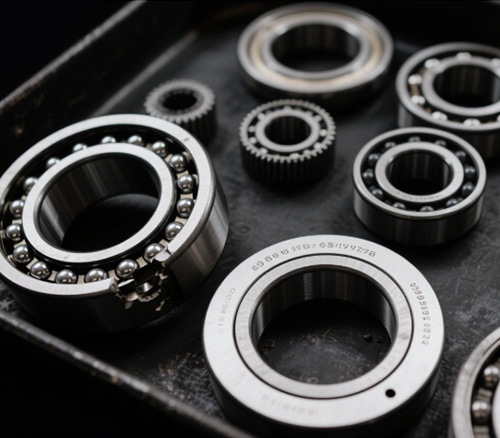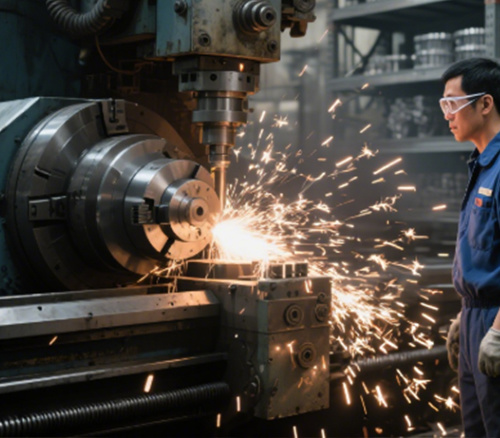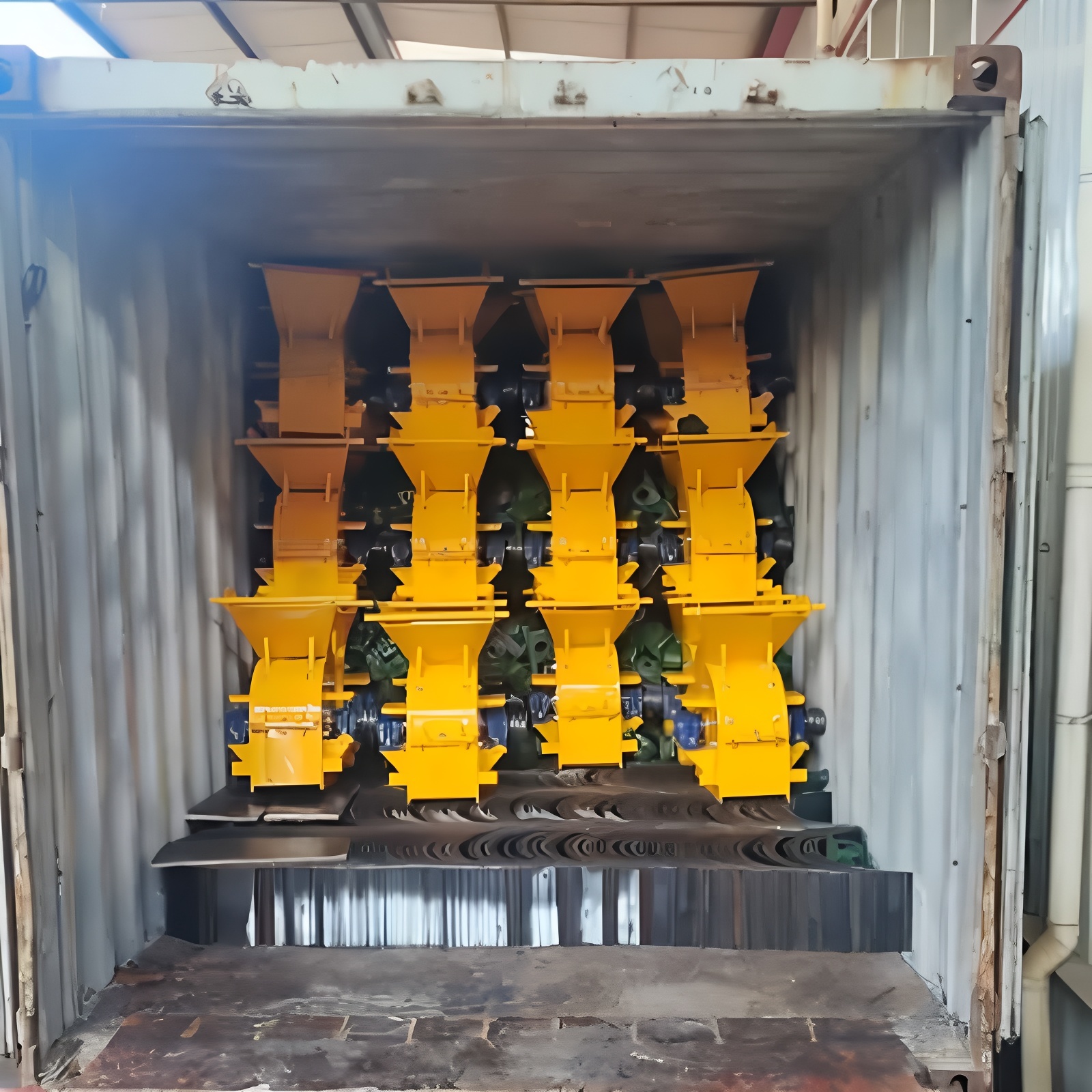Working principle and core advantages of diesel engine
Sep 02,2025
Duty cycle
The diesel engine adopts a four stroke cycle (intake compression work exhaust):
Compression ratio (usually 14:1 to 22:1): High temperature (about 500-700 ℃) is generated by compressing air, causing diesel to self ignite without the need for an ignition system.
Direct fuel injection: At the end of the compression stroke, diesel is directly injected into the cylinder through a high-pressure injector and mixed with high-temperature air for combustion.
High thermal efficiency: The theoretical thermal efficiency can reach 40% -50% (about 30% -40% for gasoline engines), and the fuel economy is significantly better than that of gasoline engines.
Core strengths
Good economy: Diesel prices are usually lower than gasoline, with lower fuel consumption and lower long-term usage costs.
High torque: High torque can be output at low speeds, suitable for heavy loads, climbing and other scenarios.
Strong durability: simple structure, low component wear rate, long maintenance cycle.
Wide fuel adaptability: can use biodiesel, blended fuels, etc., reducing dependence on fossil fuels.
TAG:
Related Posts
Working principle of gasoline engine





